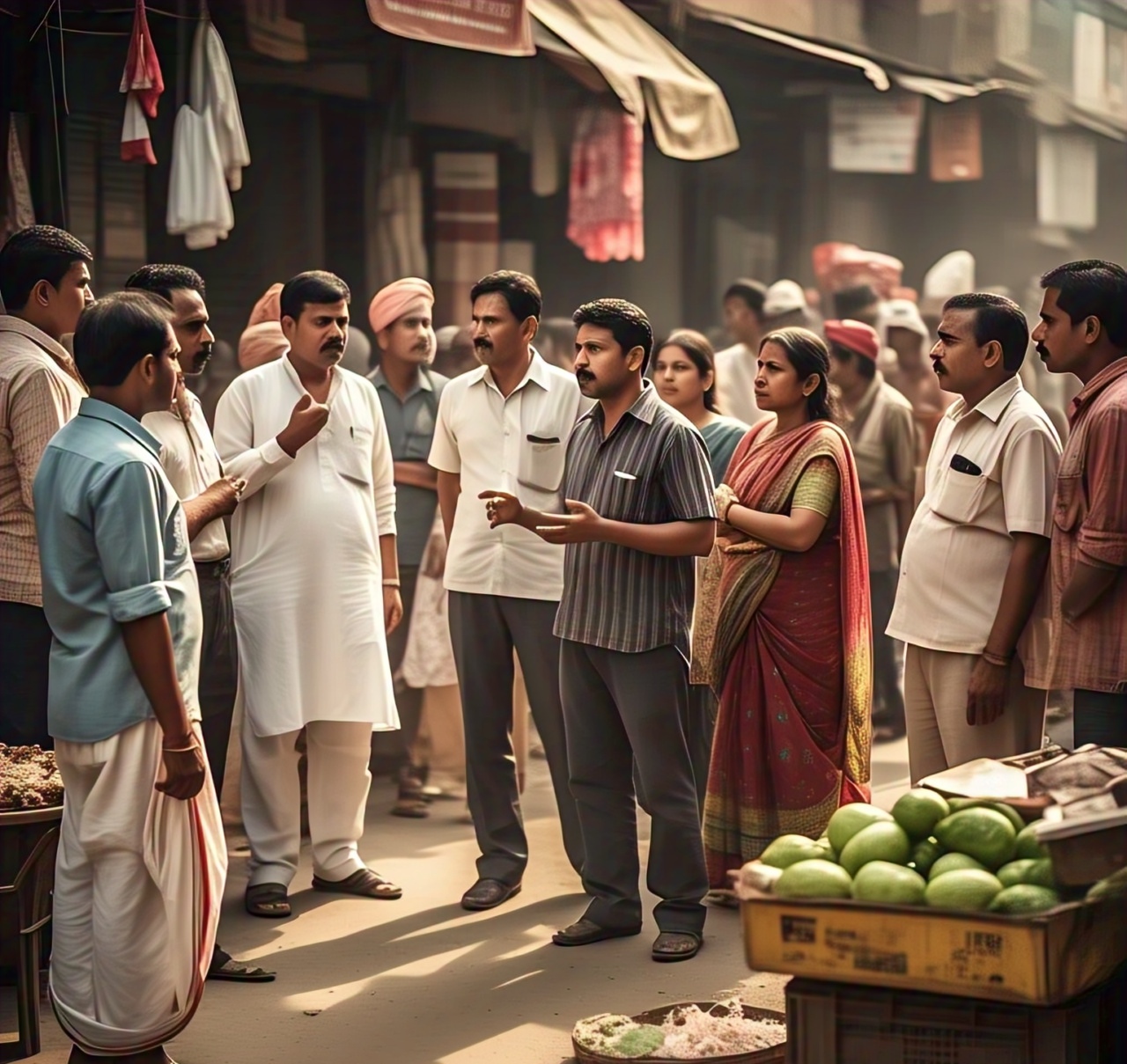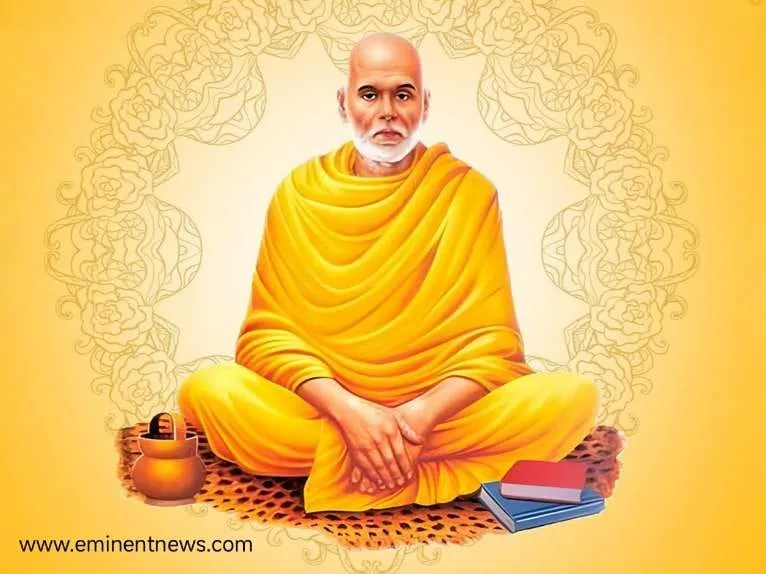The role of a caste census in India is a complex and debated topic. Here’s an overview of its potential impact and significance:
- Understanding Social Inequalities: A caste census aims to gather data on the caste composition of the population . This data can help in understanding the socio-economic disparities and inequalities that exist among different caste groups .
- Informing Policy Decisions: The data from a caste census can be used to inform policy decisions related to affirmative action, reservation policies, and social welfare programs . It can help in ensuring that resources and opportunities are distributed equitably among different caste groups .
- Improving Affirmative Action: Comprehensive caste data would help improve existing affirmative action policies, including India’s job quotas system, which has not been updated in over 30 years .
- Empowering Marginalized Communities: Some argue that a caste census can empower marginalized communities by providing them with a voice and representation in the political process . It can also help in addressing caste-based discrimination and violence .
- Potential for Division: Others argue that counting caste would only grant the system more legitimacy . Caste divisions are fading in modern India, and counting caste would deepen divisions, by forcing an individual to assume a caste-based identity even if he or she doesn’t want it .
- Monitoring and Measurement: “The things which you wish to abolish you must monitor and measure,” says Professor Deshpande. “Otherwise you risk equating censorship with abolishing” .
- Political Considerations: Caste is a sensitive issue in Indian politics . Parties may support or oppose a caste census depending on their political calculations and vote-bank considerations .
- Data Collection and Accuracy: A key challenge is ensuring the accuracy and reliability of the data collected in a caste census . There have been concerns about the potential for flawed or unusable data .
- Arguments Against Caste Census: Caste is purely a vestige with little influence, and a caste census is not harmless .
Drawback of caste census :
A caste census in India, while potentially beneficial for understanding and addressing social inequalities, also has several drawbacks :
- Deepening Social Divisions: One of the main concerns is that a caste census could reinforce caste identities and further entrench social divisions . Critics argue that it might delay or prevent the movement towards a casteless society .
- Political Exploitation: There’s a risk that political parties may exploit caste-based data for their own gain, exacerbating social tensions and using it to create or strengthen vote banks .
- Data Accuracy and Manipulation: Ensuring the accuracy and reliability of caste data can be challenging . There are concerns about potential manipulation or misrepresentation of information, which could lead to flawed policy decisions .
- Increased Demand for Reservations: A caste census could lead to demands for increased or expanded caste-based reservations in education and employment . This could create resentment among other groups and further complicate the debate around affirmative action .
- Administrative Challenges: Conducting a comprehensive caste census is a massive undertaking, posing significant logistical and administrative challenges for the government .
- Privacy Concerns: Collecting and storing sensitive personal information about caste can raise privacy concerns and could potentially be misused .
- Focus on Caste Identity: Some argue that focusing on caste takes attention away from other important socio-economic factors that contribute to inequality, such as class, gender, and geographic location .
- Undermining Meritocracy: Critics suggest that an increased emphasis on caste-based policies could undermine the principles of meritocracy and equal opportunity .
Views of Political Parties
Political parties in India hold diverse views on the caste census, often influenced by their political strategies and vote-bank considerations . Here’s a general overview:
- Support from Parties Focused on Social Justice: Parties that advocate for social justice and the empowerment of marginalized communities often support a caste census . They believe it’s essential for understanding social inequalities and formulating targeted policies .
- Opposition from Parties Concerned About Social Division: Some parties express concerns that a caste census could deepen social divisions and reinforce caste identities . They may argue that it’s a divisive exercise that could undermine social harmony .
- Strategic Calculations: Parties may strategically support or oppose a caste census depending on their electoral base and political calculations . They may weigh the potential gains and losses from different caste groups .
- Coalition Politics: In coalition governments, the stance on a caste census can be influenced by the diverse views and interests of the coalition partners .
- Shifting Positions: The positions of political parties on the caste census can shift over time, depending on changing political dynamics and social realities .
- Debate on Methodology: Even among parties that support a caste census, there can be debates about the methodology, scope, and timing of the exercise .
- National vs. Regional Parties: National parties may have a more cautious approach, while regional parties that primarily represent specific caste groups may be more vocal in their support for a caste census …



























